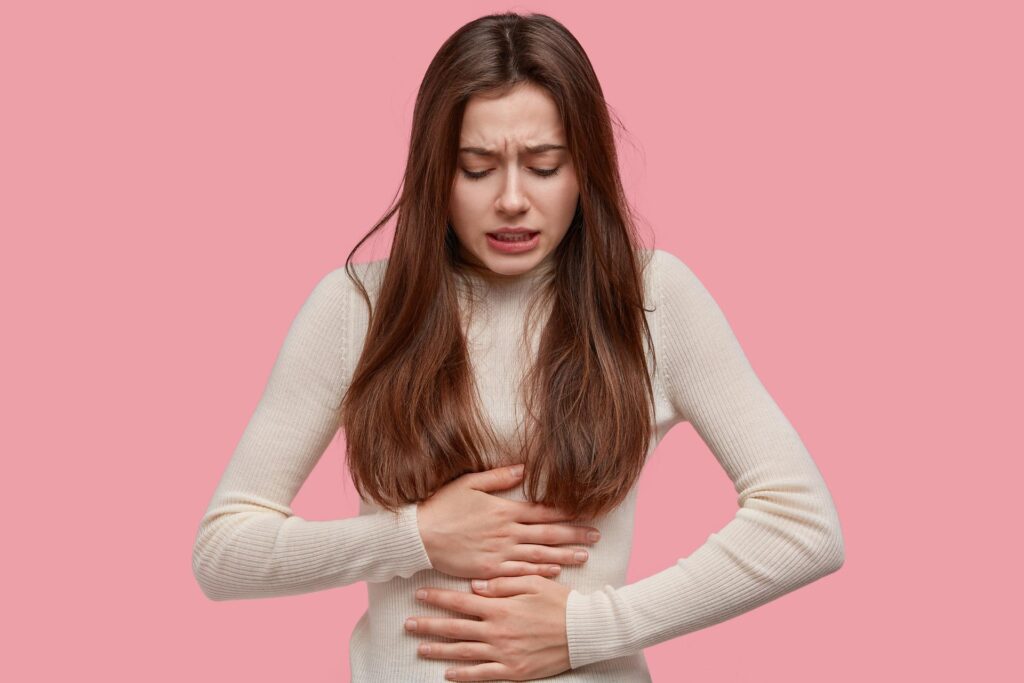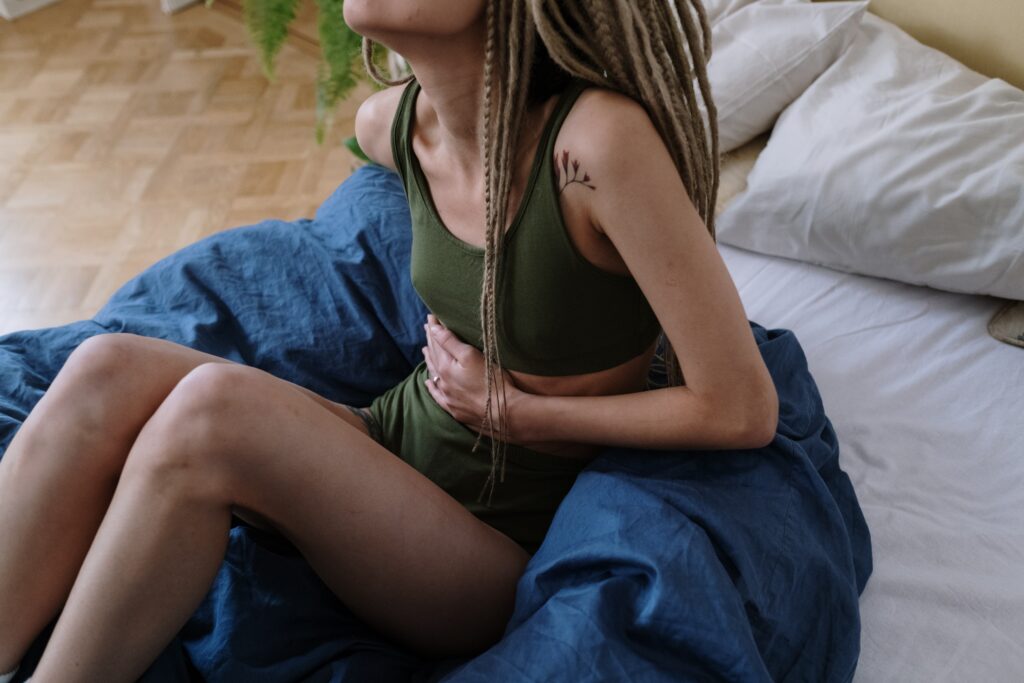
You can try a lot of natural remedies for painful menstruation to relieve your cramps. A good diet is one of them. Eat a vegetarian or plant-based diet as this will reduce the inflammation in your body that leads to painful menstruation.
Try yoga to reduce menstruation pain
Another good remedy is yoga. By practicing yoga, you can relax and strengthen your muscles, reducing the tension associated with menstruation. You can also reduce your stress levels, which will help you cope with painful menstruation.
Although natural remedies for painful menstruation are often effective, women should consult a doctor to determine the cause of their symptoms. The pain could be related to pelvic or abdominal organs.
The cause of painful menstruation can be a number of things, including pelvic inflammation, endometriosis, or even a uterine cyst. Regardless of the cause, it’s important to seek medical attention as soon as possible to ensure that you don’t have a more serious health condition.
Herbs can be very helpful for menstrual pain, especially for women who experience cramps during the menstrual cycle. Fennel, for example, has been used for thousands of years as an herbal remedy for pelvic pain and is known to ease painful menstruation. Other herbs to try include Dang Gui Shao-Yao San, angelica root, and licorrhic root.
How to stop period pain immediately
The best way to deal with period pain is to find ways to relax. Women on their periods often find that taking a bath relaxes the body and helps to reduce pain. If you want to make your bath more soothing, add some Epsom salts or bath bombs to the water.
If your cramps are particularly bad, try to avoid drinking caffeine and alcohol. Both can make the situation worse. Besides, drinking alcohol can dehydrate you, which can make your cramps worse.
Although there is no sure-fire way to cure period pain, some treatments have proven effective. Non-hormonal drugs like tranexamic acid and mefenamic acid are available. For women who don’t want to take these medications, there are stronger and safer options.
Taking a pill to treat period pain can help ease the discomfort and can also reduce blood loss. In some cases, an intrauterine system can also help reduce the pain and blood loss. If all else fails, there are other treatments available.
One of the most effective methods to deal with period pain is to lie down with a heating pad. Applying heat to the painful area can work just as well as taking pain killers. If you don’t have access to a heating pad, you can use a hot water bottle or a heat patch instead.
The key to effective heat therapy is the constant application of heat. Applying heat to the area can make the cramps less intense.
The best medicine for menstrual cramps
There are many types of medicine for menstrual cramps, but the most effective treatment may vary depending on the cause of your discomfort. Usually, painkillers work by blocking the production of prostaglandins, which are hormone-like substances that help to keep your uterus contracting during your period.
If you’re experiencing chronic menstrual cramps, NSAIDs may also help you manage your pain. NSAIDs – These pain relievers have the advantage of blocking the enzymes that produce prostaglandins, the pain-causing chemicals in our bodies.
As a result, NSAIDs can help to lighten heavy bleeding more effectively than hormonal birth control or placebos. Because they block the production of prostaglandins, NSAIDs are better than acetaminophen, which works by dulling the pain without blocking the enzymes.
Secondary dysmenorrhea: These cramps are caused by abnormal growths on the inside or outside of the uterus. The pain may last for the duration of a woman’s period. These women should seek medical treatment immediately.
They should see a doctor if they are experiencing severe menstrual cramps. However, there are many non-drug treatments for menstrual cramps as well, such as adequate rest and regular exercise.
NSAIDs – These drugs reduce the production of prostaglandins, which are the pain-causing compounds that cause menstrual cramps. NSAIDs like ibuprofen and naproxen can be taken every four to six hours to reduce the pain and prevent the cramps from progressing further. The dosage for NSAIDs should be followed, as taking too much may cause side effects.

Foods that help with period cramps
There are many food options available to help ease period cramps. These include fatty fish such as salmon, which contain fatty acids that are beneficial to cramp relief. Pineapples are an excellent source of vitamin D, which aids in calcium absorption.
Kiwi contains an enzyme called actinidin that helps the body break down protein. In addition to fish, staying hydrated is important for health and can help ease period cramps. If possible, try infused water with fruit juices.
Ginger helps ease painful period cramps, and it also relieves the inflammation associated with them. Cinnamon has anti-inflammatory properties and is a great addition to teas. Besides ginger, lemon slices can also reduce cramping.
Garlic and onion are other common foods rich in thiamine. Taking 100mg of thiamine daily may help. Soluble fiber and legumes are also great sources of thiamine.
Spinach and salmon to ease menstrual cramps
Spinach and salmon are excellent protein and magnesium-rich options. Spinach provides fibre and magnesium, which are essential for easing cramping and inflammation. You can eat spinach alone or mix it in with your favorite salad. Leafy green vegetables are also packed with calcium and can help to relieve muscle tension.
The best part is that spinach and salmon go together well. And don’t forget to eat them raw! If you’re not into eating them together, you can also mix them together and consume the protein-rich fish or spinach in a separate meal.
Bananas are another food that can help relieve cramping. Bananas are high in vitamin B6 and potassium, which relieve bloating and cramping. Bananas also contain magnesium and calcium. Eat bananas before your period, too! They’re also rich in potassium and have been proven to ease the pain associated with menstruation.
If you liked the article, please donate!
